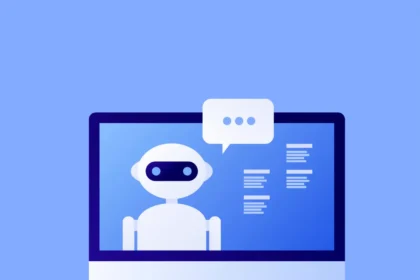At the heart of every empire is an ideology, and for today’s artificial intelligence empire, it’s the pursuit of artificial general intelligence (AGI) “to benefit all humanity.” According to journalist and bestselling author Karen Hao, OpenAI has become the chief evangelist of that vision, reshaping not just the tech industry but geopolitics itself.
In her new book Empire of AI, Hao compares OpenAI’s influence to that of a global superpower. “They’ve already grown more powerful than pretty much any nation state in the world,” she told TechCrunch’s Equity podcast. “They’re terraforming the Earth. They’re rewiring our geopolitics, all of our lives. And so you can only describe it as an empire.”
OpenAI has framed AGI as a system that will “elevate humanity” by creating abundance, boosting economies, and driving scientific discovery. But Hao and other experts warn that these promises remain vague while real-world harms, from exploitative labor in developing nations to mental health impacts and environmental strain, are mounting.
Instead of pursuing more efficient algorithms, Hao argues, OpenAI chose speed at all costs. “Speed over efficiency, speed over safety, speed over exploratory research,” she said. This set the tone for the entire industry, with rivals like Google and Meta now spending tens of billions of dollars annually to keep pace. OpenAI alone expects to burn through $115 billion by 2029.
Meanwhile, the lofty benefits of AGI remain elusive. Hao contrasts large language models with projects like Google DeepMind’s AlphaFold, which has revolutionized drug discovery without the social and environmental harms.
The growing financialization of OpenAI, especially with its close partnership with Microsoft and potential path to going public, has raised concerns about mission drift. Former safety researchers warn that the lab now equates product popularity, like ChatGPT’s mass adoption, with “benefiting humanity.”
Related: OpenAI Chair Bret Taylor Says We’re in an AI Bubble but It Could Be Good for the Industry
Hao says this amounts to a dangerous ideology. “Even as the evidence accumulates that what they’re building is actually harming significant amounts of people, the mission continues to paper all of that over,” she said. “There’s something really dark about being so wrapped up in a belief system you constructed that you lose touch with reality.”






